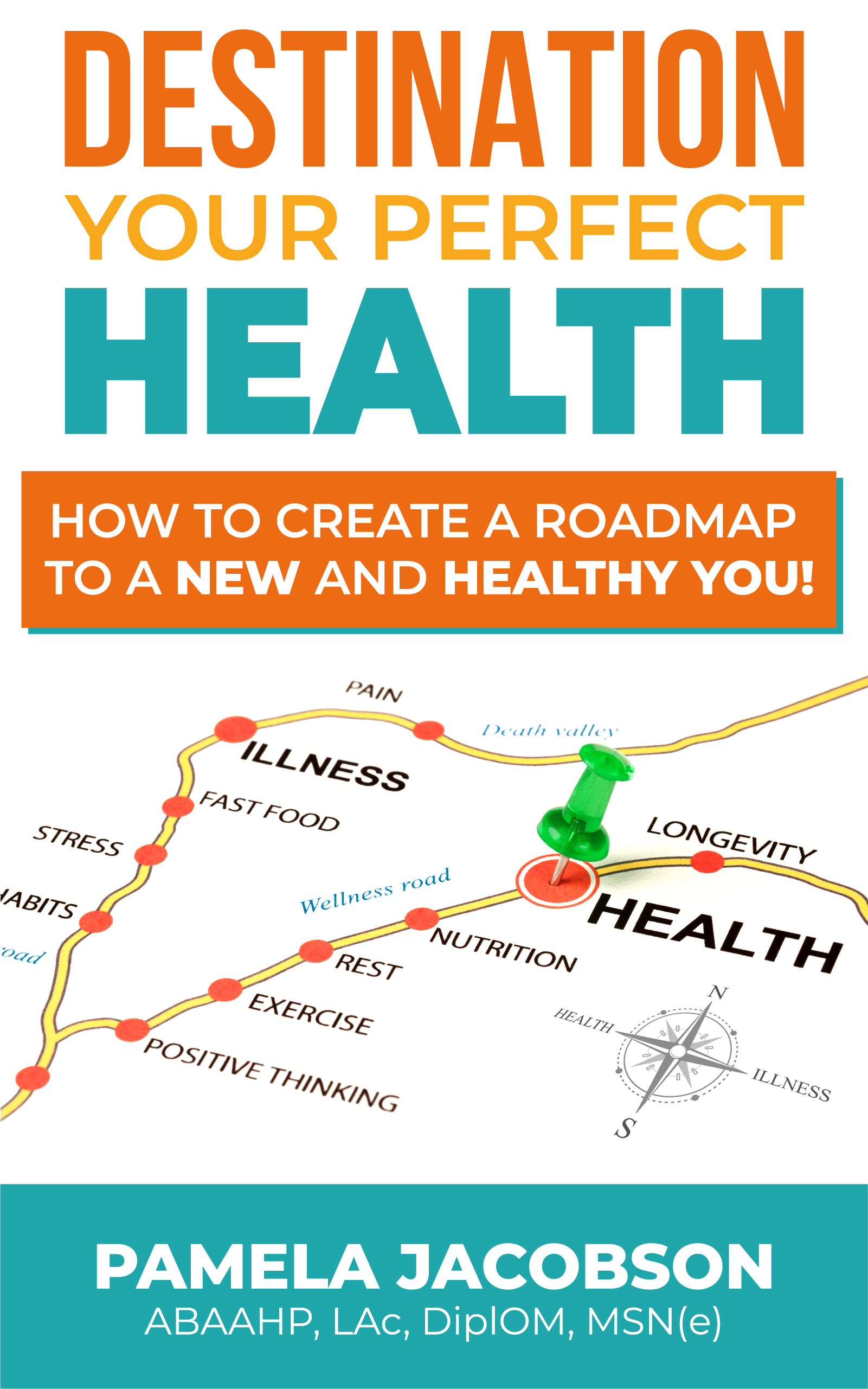Dr. Grace Soltynski
(Adapted from the Weston A. Price Foundation)
Myth: People with high cholesterol are more prone to heart attacks.
Truth: Young and middle-aged men with cholesterol levels over 350 are slightly more at risk for heart attacks. Those who have cholesterol levels just below 350 are at no greater risk than those whose cholesterol is very low. For elderly men and women of all ages, high cholesterol is associated with a longer lifespan.
Myth: Cholesterol and saturated fat clog arteries.
Truth: There is very little cholesterol or saturated fat in the arterial plague or clogs. Most of the material is calcium deposit akin to lime and most of the fatty acids are unsaturated.
Myth: Eating saturated fat and cholesterol-rich foods will cause cholesterol levels to rise and make people susceptible to heart disease.
Truth: Many studies show no relationship between diet and cholesterol levels; there is no evidence that saturated fat and cholesterol-rich food contribute to heart disease. As Americans have cut back on saturated fat and cholesterol-rich foods, rates of heart disease have gone up.
Myth: Cholesterol-lowering drugs have saved many lives.
Truth: In the 2 most recent trials involving over 10,000 subjects, cholesterol-lowering medications did not result in any improvement in outcome.
Myth: Countries that have a high consumption of animal fat and cholesterol have higher rates of heart disease.
Truth: There are many exceptions to this observation, such as France and Spain. Furthermore, an association (called a "risk factor") is not the same as a cause. In wealthy countries where people eat a lot of animal foods, many other risk factors exist that can contribute to heart disease.
The many Vital Roles of Cholesterol:
- Cholesterol is produced by almost every cell in the body.
- Cholesterol is nature’s repair substance, used to repair wounds, including tears and irritations in the arteries.
- Many important hormones are made of cholesterol, including hormones that regulate mineral metabolism and blood sugar, hormones that help us deal with stress, and all the sex hormones, such as progesterone, estrogens, and testosterone.
- Cholesterol is vital to the function of the brain and the nervous system.
- Cholesterol protects us against depression; it plays a role in the utilization of serotonin, the body’s "feel-good" chemical.
- The bile salts, needed for the digestion of fats, are made from cholesterol.
- Cholesterol is the precursor of vitamin d, which is formed by the actions of ultra-violet (UV-B) light on cholesterol in the skin.
- Cholesterol is a powerful antioxidant that protects us against free radicals that cause cancer.
- Cholesterol, especially LDL-cholesterol (the so-called bad cholesterol), helps fight infection.
If it isn’t Cholesterol, what causes heart disease?
Many scientists have put forth valid theories for the epidemic of heart disease in western societies. They include:
- Deficiency of Vitamins A and D;
- Deficiencies of Vitamins B6, B12, and Folic Acid; These deficiencies lead to elevated levels of homocysteine a marker for heart disease.
- Trans Fatty Acids: Fred Kummerow, PhD and many others have linked heart disease to the replacement of saturated fats with trans fatty acids; Saturated fats actually protect against heart disease in many ways.
- Mineral Deficiencies: Deficiencies of magnesium, copper, and vanadium have been linked to heart disease.
- Milk pasteurization: An increase in heart disease has been observed in communities that implemented pasteurization compared to these where milk was still sold unpasteurized.
- Stress: Heart attacks often occur after a period of stress, which depletes the body of many nutrients.
- Hormonal imbalance. Estrogen and Testosterone have shown to be very protective to the heart.
- Poor lifestyle choices such as bad diet, high stress and lack of exercise
How to Lessen the Risk of Heart Disease
- Engage in stress management practices such as meditation, guided imagery, biofeedback and yoga daily
- Avoid processed food, especially foods containing processed vegetable oils and trans fats
- Eat a diet rich in plants of all colors
- Know your sources for meat, fish and whole grains and make sure they are organic, non-gmo, free range, grass fed, wild caught, etc.
- Maintain a healthy weight, neither too heavy or too thin.
- Engage in moderate exercise daily, outdoors when possible
- Do not smoke; avoid environmental toxins

